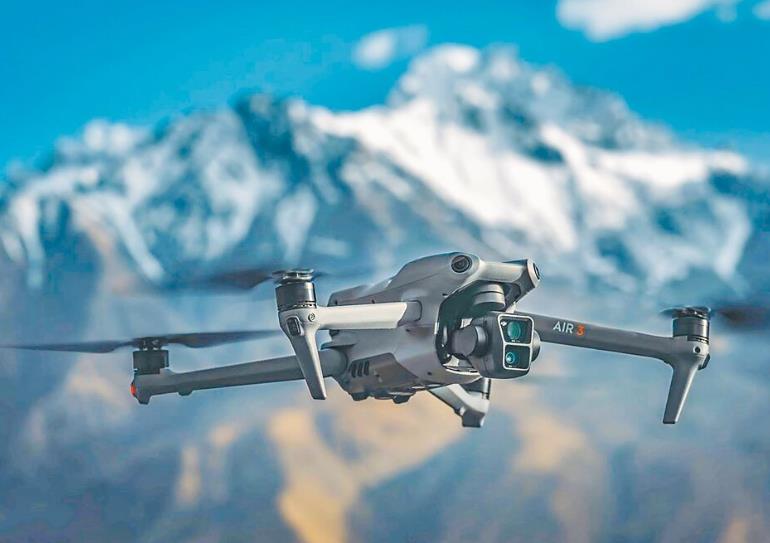Exploring the In-Depth Impact of US Military Drones on Contemporary Warfare
The emergence of US military drones has undeniably transformed the landscape of modern warfare. Drones, being unmanned aerial vehicles (UAVs), have innovatively reshaped how militaries conduct surveillance, reconnaissance, and targeted operations. This technological advancement plays a crucial role in enhancing national security while sparking conversations about ethics and the future of combat. In this exploration, we delve into the ramifications of drone usage on modern warfare, considering their operational advantages and controversies.
Operational Advantages of US Military Drones
Primarily, the use of drones in warfare promotes efficiency and precision. Equipped with high-definition cameras and advanced sensors, drones conduct surveillance missions with unmatched accuracy, providing critical intelligence to decision-makers. The ability to fly unmanned reduces the risk to human life as drones can undertake dangerous missions without endangering pilots. Furthermore, drones are highly versatile, capable of performing various roles, from reconnaissance to targeted strikes, across challenging terrains and conditions.
Impact on Strategy and Warfare Dynamics
US military drones have altered global warfare strategies, enabling real-time decision-making and swift responses to threats. Their capacity for long-duration flights and covert operations has bolstered the range and scope of military strategies. This increased flexibility contrasts with traditional combat methods, offering a tactical advantage in unpredictable scenarios and complementing ground operations with aerial support.
Controversies Surrounding Military Drones
While the strategic advantages of drones are evident, they also spur significant debates. The ethical implications of drone strikes, particularly concerning civilian casualties, remain a hot topic. There are concerns surrounding the potential desensitization of warfare, as pushing a button to deliver lethal force may disconnect decision-makers from the gravity of combat consequences. Moreover, issues of legality and accountability are at the forefront, especially in international airspace and sovereignty conflicts.
Technological Advancements and Challenges
With rapid advancements, US military drones continue to evolve, integrating cutting-edge technologies such as AI and machine learning. These innovations aim to enhance autonomous capabilities, expanding the horizons of drone functionalities. However, these developments also present cybersecurity challenges, as safeguarding drone data from potential threats becomes imperative.
Future Prospects of Drone Warfare
As technology progresses, the future of US military drones seems promising yet complex. The integration of drones with other military technologies, including land and sea systems, could catalyze a new era of multi-dimensional warfare. However, this advancement necessitates rigorous consideration of ethical frameworks and international regulations to ensure responsible usage.
FAQs
- Are drones replacing traditional aircraft in military operations?
- No, while drones enhance operations, they supplement rather than replace traditional military aircraft, offering new strategies and capabilities.
- Can drones operate autonomously?
- While current drones have some autonomous functionalities, the technology is still advancing towards fully autonomous operations.
- How does drone warfare impact international relations?
- Drone usage can strain relations, especially if operations infringe on foreign sovereignties, demanding careful diplomatic navigation.
